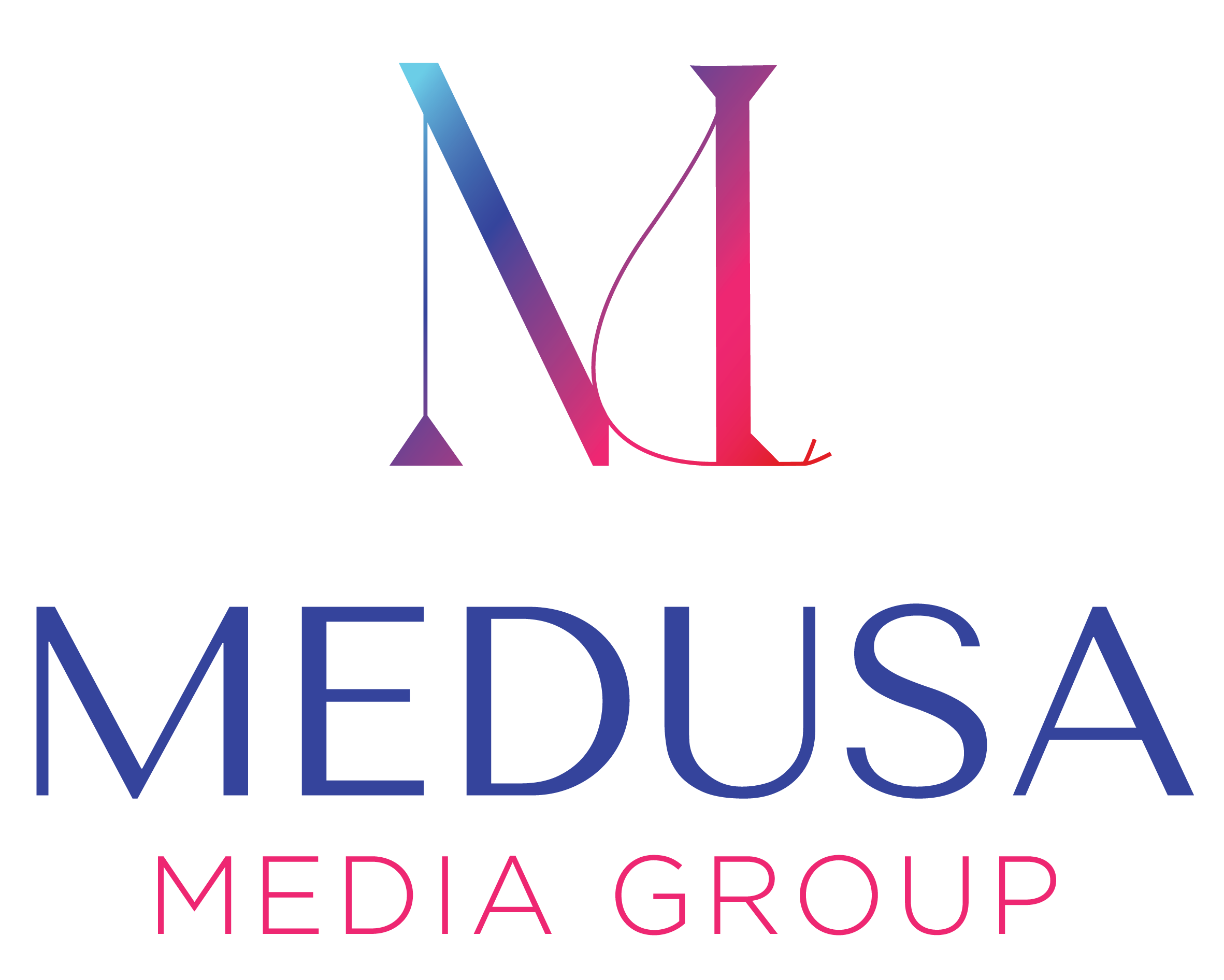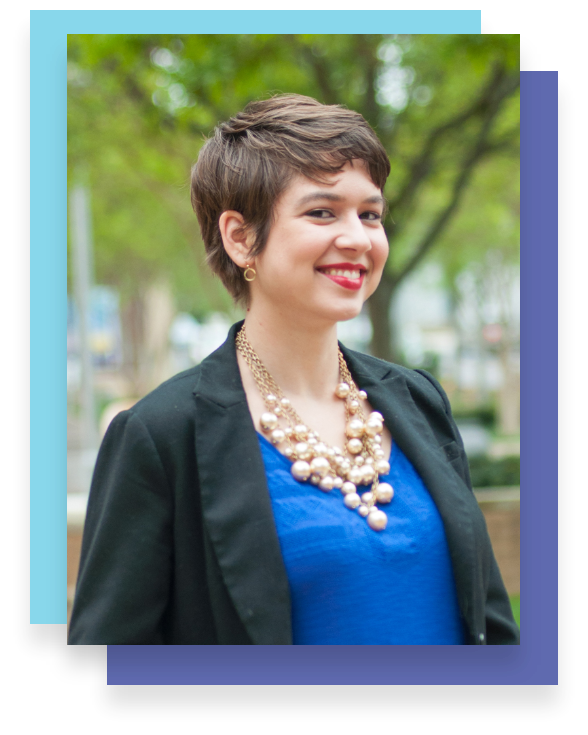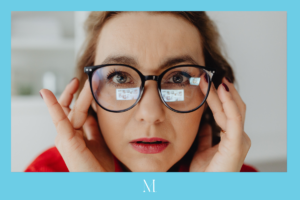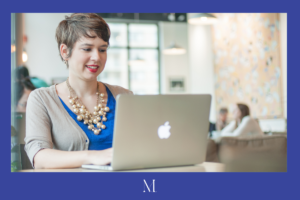 The best advice I received in high school came from Ms. Jones, my math teacher. “Trust yourselves,” she would say. “Why trust someone else’s answers over your own?” She was encouraging us not to cheat on quizzes, but the advice applies to all situations.
The best advice I received in high school came from Ms. Jones, my math teacher. “Trust yourselves,” she would say. “Why trust someone else’s answers over your own?” She was encouraging us not to cheat on quizzes, but the advice applies to all situations.
I was not confident in math. I peeked at others’ answers not to copy them, but to confirm that mine were right. I preferred English class. I trusted my interpretation of text and my perspective on poetry. The “no right answer” of studying literature felt safer than the “one right/many wrong” answers in math.
Yet people love math. There is something comforting about knowing there’s a right answer out there. It’s not up to chance and it has nothing to do with feelings. It just is. It’s satisfying to puzzle through problems and arrive at the correct answer.
Learning math in school was about learning formulas to get to a solution (imagine if we had studied fractals!). It actually didn’t matter what formula you used, as long as you got the right answer. Life can be like that: you need to learn processes to do jobs. You need to create templates, systems, and checklists. Sometimes life is about plugging into systems and following the rules. But life is also like literature. Your experiences and feelings influence your understanding, your priorities and opinions change, and chance leads you in directions you couldn’t have imagined. When you make a decision, no matter the pros and cons you weigh or advice you solicit, the decision is yours. Unlike math, life has no “right” answers. It’s unpredictable.
But another possibility is that life has only right answers. Think about it: you have reasons for everything you do. Even if the reasons seem terrible later, they were reasonable when you used them. Like in math, it doesn’t matter how you arrive at a decision: whatever the decision is, it’s right for you at the time. What if life is like math problems that only have solutions? There are no wrong decisions. There are no mistakes.
Of course in life, there are no “right” answer that you can check in the back of a book or have your teacher grade. You won’t receive applause for all the decisions you make, because no one knows what the right decision is for you. You have to trust that you can do the math. Trust yourself in relationships. When they start to feel wrong, pay attention. Trust yourself in what you’re working on. Are you doing something easy right now while you build your next move? Are you taking a big risk that scares but thrills you? Are you saying no to an opportunity because it doesn’t feel right? Trust that.
There’s no wrong way to live, like there’s no wrong way to solve math problems. Life is like a math problem that only has solutions. Trust yourself that your answers are right.
(photo taken by Eva Jannotta: Yerevan, Armenia)





